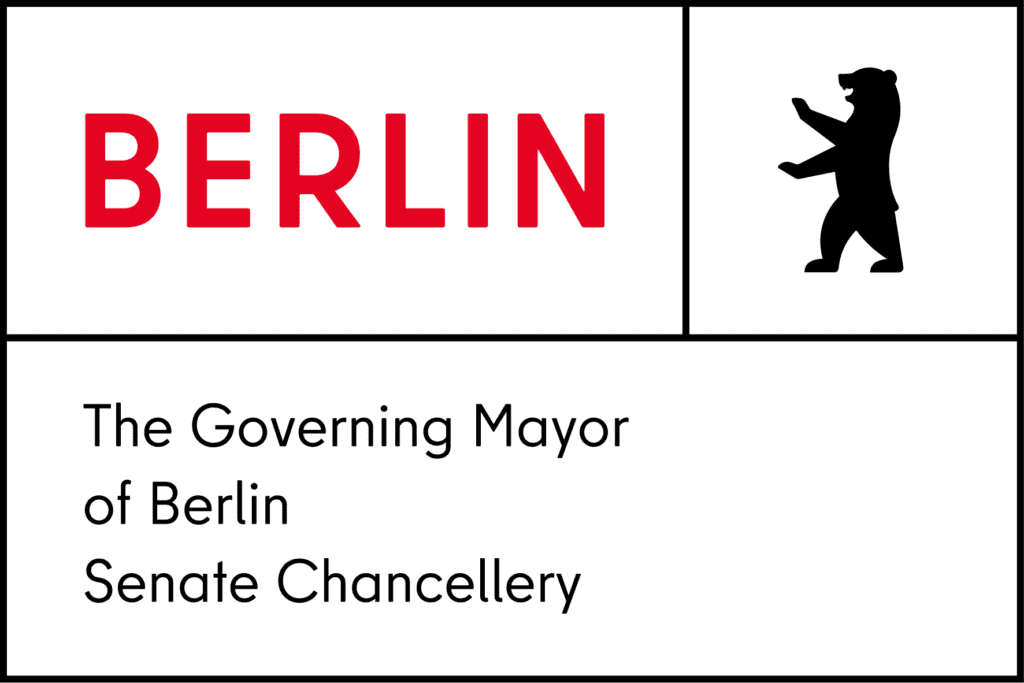For those with disabilities, the digitalization of cities can sometimes lead to new challenges. But, if thoughtfully implemented, digitalization can also help break down existing barriers. In a series of co-creation workshops, Berlin’s FabLab has been working with people with disabilities to create prototypes that aim to improve everyday life for such individuals. Wherever possible, these prototypes emphasize the use of affordable materials and open source technologies.
Smart cities and digital cities are supposed to be for the benefit of all citizens, yet all too rarely do we hear about how we can use technology – especially open source technology – to improve the lives of people with disabilities. Berlin’s FabLab is doing their part to create a more inclusive conversation around smart cities and digitalization through the development of open-source prototypes specifically targeted toward individuals with disabilities.
Within the “Made for My Wheelchair” project, the FabLab has helped develop both “Open Lights” and “Open Trailer”. With Open Lights, individuals can create their own customizable lighting system for wheelchairs so that wheelchair users can be more easily seen at night. With Open Trailer, individuals can create a trailer for transporting goods (like boxes or crates) that can be attached to the back of a wheelchair. In both cases, the instructions for designing the systems are available online for free, and the required materials can be ordered online and, in some cases, produced with 3D printers.
The other prototype on display in the lab is the “Vorleser” (or, “reader”), which was developed as part of the “Open Health HACKademy”. This DIY-device can read printed texts out loud for individuals with limited vision, and it is much cheaper to produce than other similarly-functioning devices.
